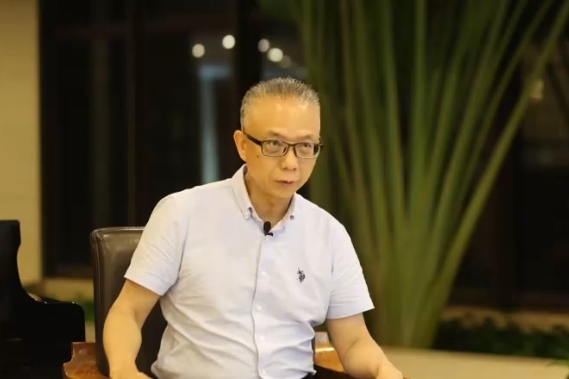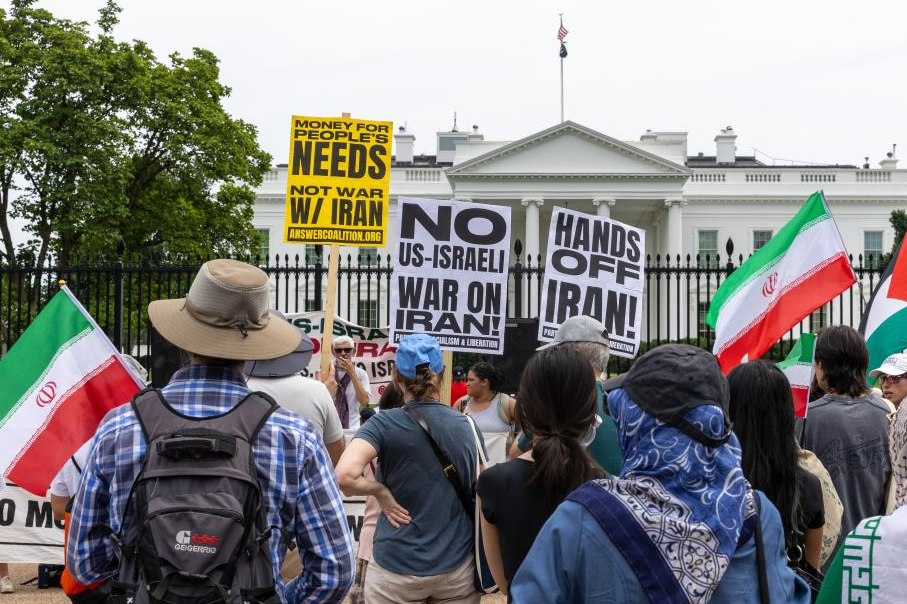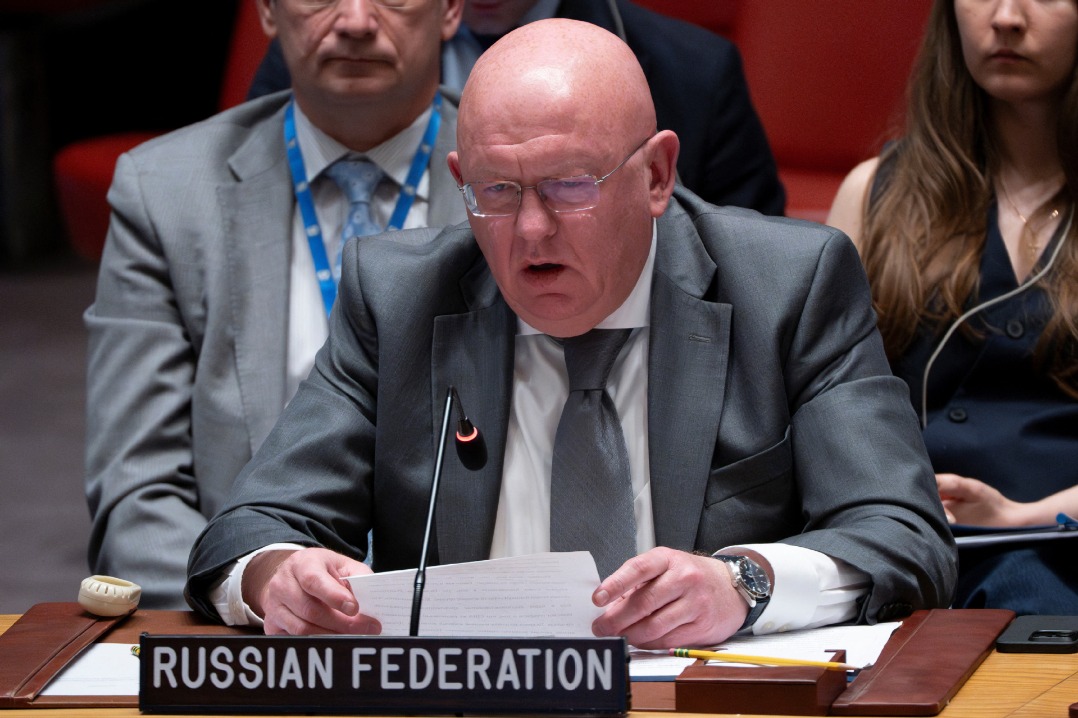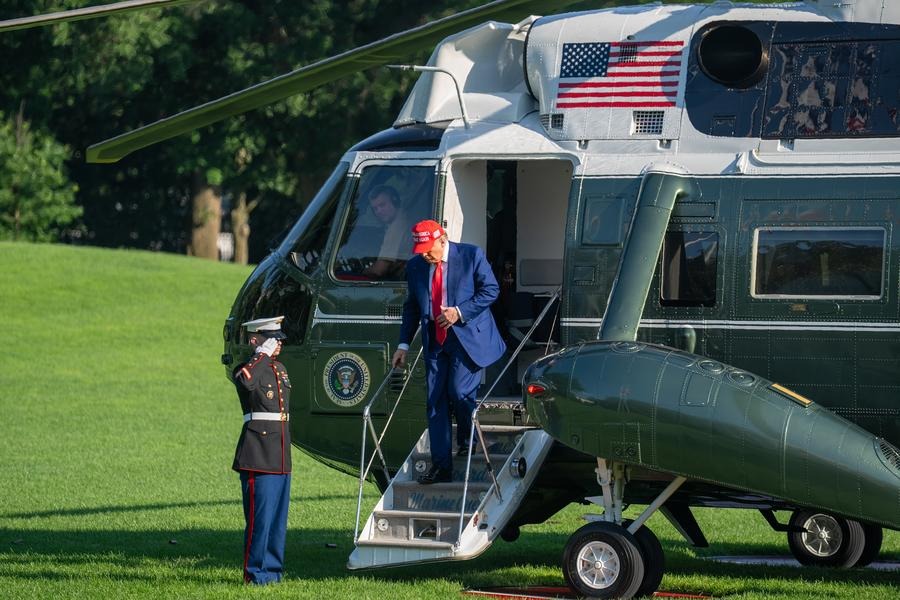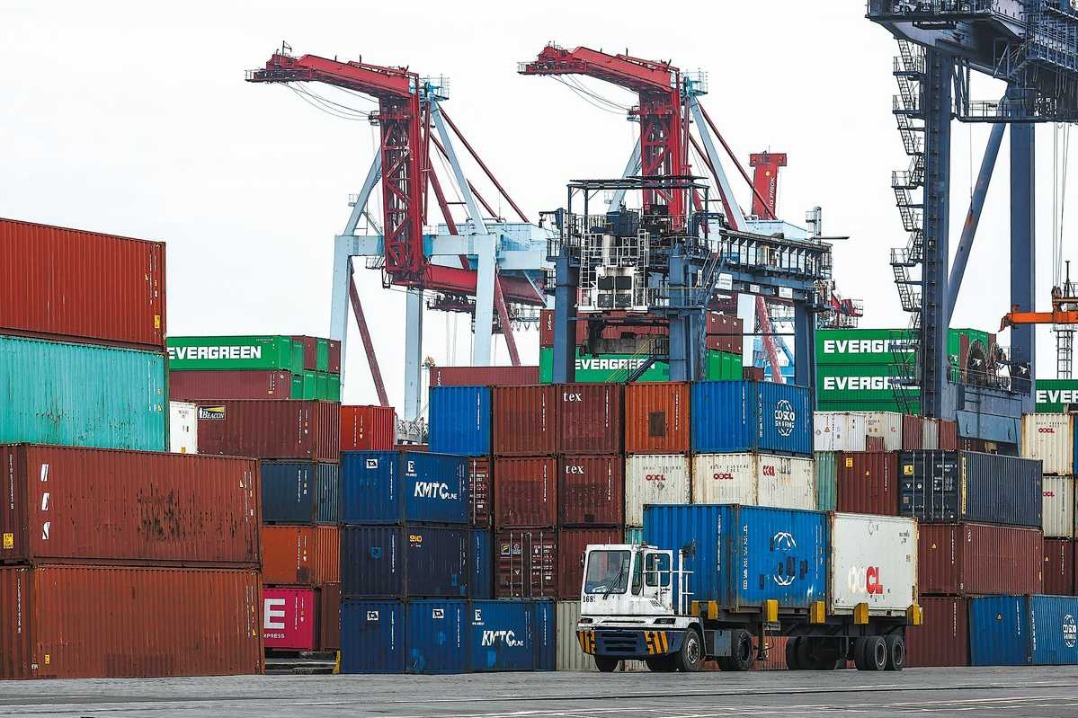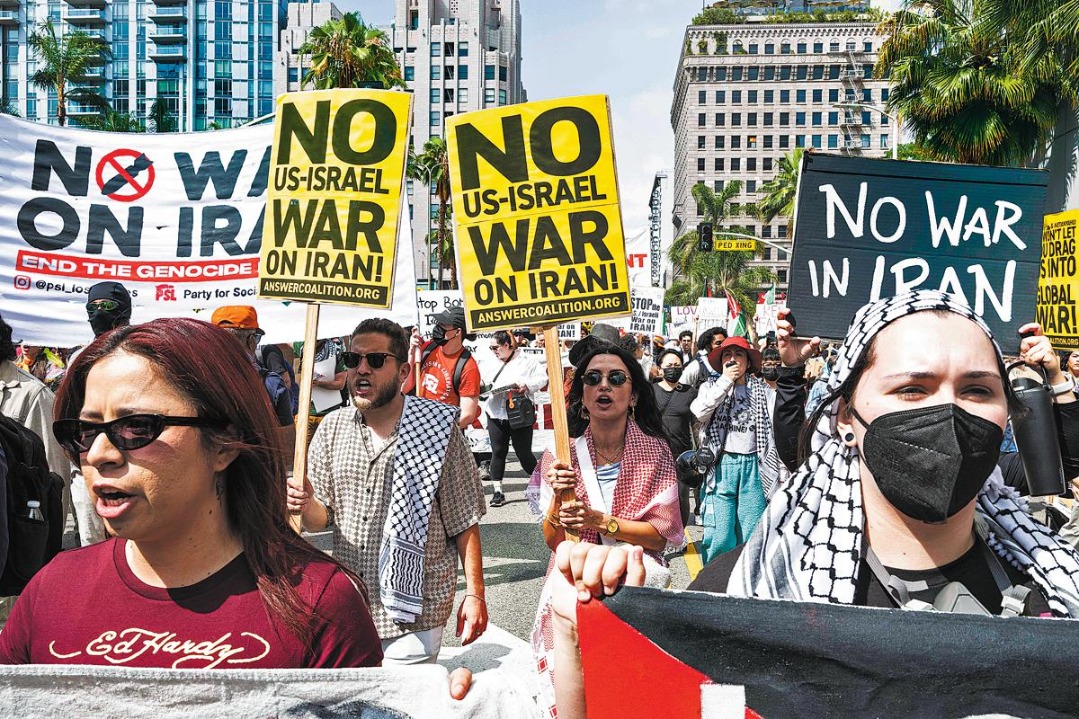European leaders urge Middle East de-escalation after US strikes

The leaders of Germany, France and the United Kingdom are making a coordinated diplomatic effort for de-escalating tensions in the Middle East after the unprecedented strikes by the United States on Iranian nuclear facilities.
"We call upon Iran to engage in negotiations leading to an agreement that addresses all concerns associated with its nuclear program," read a joint statement released on Sunday by German Chancellor Friedrich Merz, French President Emmanuel Macron and UK Prime Minister Keir Starmer.
"We reiterate our commitment to peace and stability for all countries in the region," the statement added. "We stand ready to contribute to that goal in coordination with all parties."
Almost all European leaders issued statements via social media on Sunday. While the responses mixed caution with concern over the massive weekend airstrikes, they maintained a unified call for diplomatic solutions.
Sweden's Prime Minister Ulf Kristersson emphasized the importance of halting the spiral of violence in the Middle East. "De-escalation, restraint, and a return to talks and diplomacy are now of utmost importance," he wrote on X.
Finnish President Alexander Stubb described the US strikes as "of exceptional scale" and warned that the cycle of vengeance in the region must come to an end.
"A sustainable solution requires diplomacy, dialogue and respect for international law," he posted on X.
Latvia's President Edgars Rinke-vics underscored the need for all parties to return to negotiations in order to reach a diplomatic solution, while Slovak Foreign Minister Juraj Blanar condemned the US attack.
"Any conflict must be resolved within the framework of the UN, not through the use of weapons, regardless of any purported good intentions," Blanar said in a post on X. "It is unacceptable for any state to conduct military operations on the territory of another sovereign state."
European Commission President Ursula von der Leyen said: "With tensions in the Middle East at a new peak, stability must be the priority. And respect for international law is critical. Now is the moment for Iran to engage in a credible diplomatic solution."
European Council President Antonio Costa said: "I call on all parties to show restraint and respect for international law and nuclear safety. Diplomacy remains the only way to bring peace and security to the Middle East region. Too many civilians will once again be the victims of a further escalation."
On Friday, Merz, Macron and Starmer, along with Kaja Kallas, the European Union's foreign affairs chief, met Iran's Foreign Minister Abbas Araghchi in Geneva to seek Teheran's commitment to abandon its nuclear weapons program.
Shortly before ordering the attacks, US President Donald Trump dismissed the European leaders' diplomatic initiative, saying: "Iran doesn't want to speak to Europe. They want to speak to us. Europe is not going to be able to help in this."
Xinhua contributed to this story.
jonathan@mail.chinadailyuk.com
















